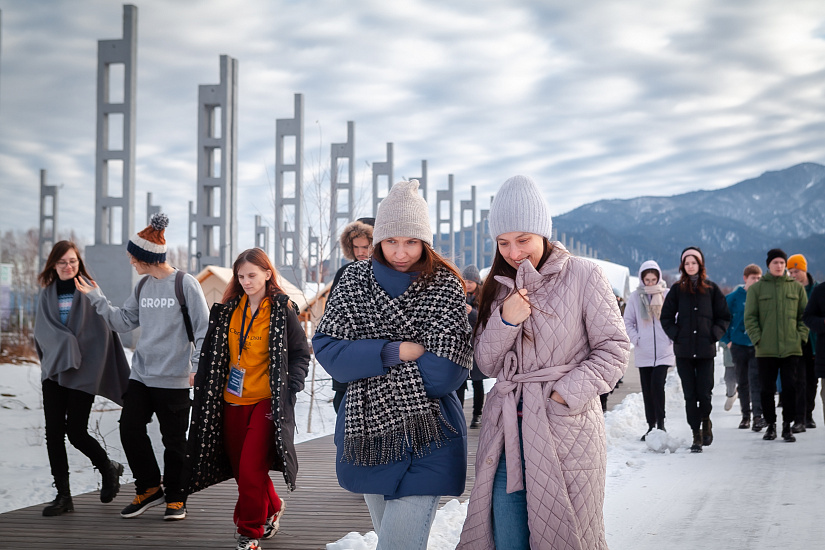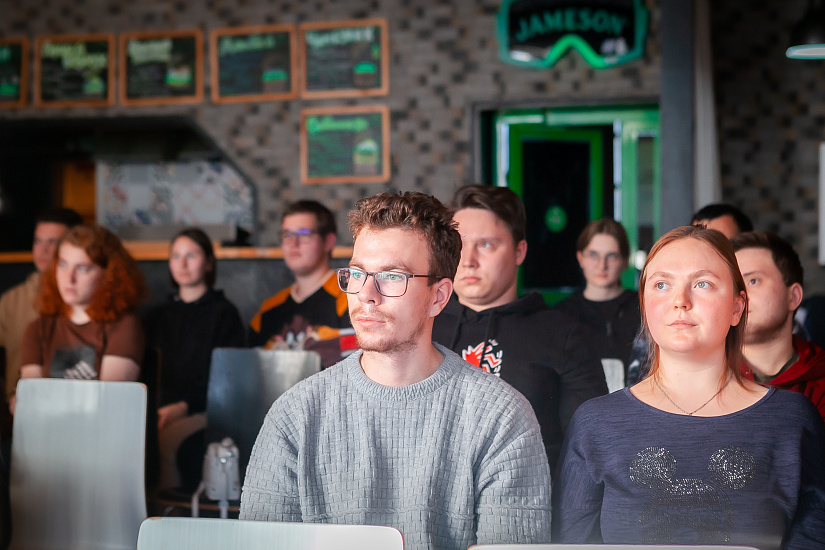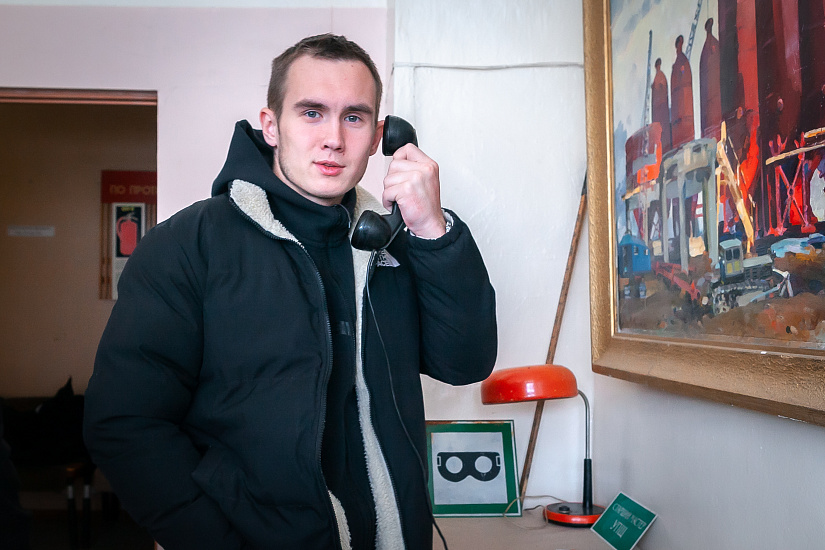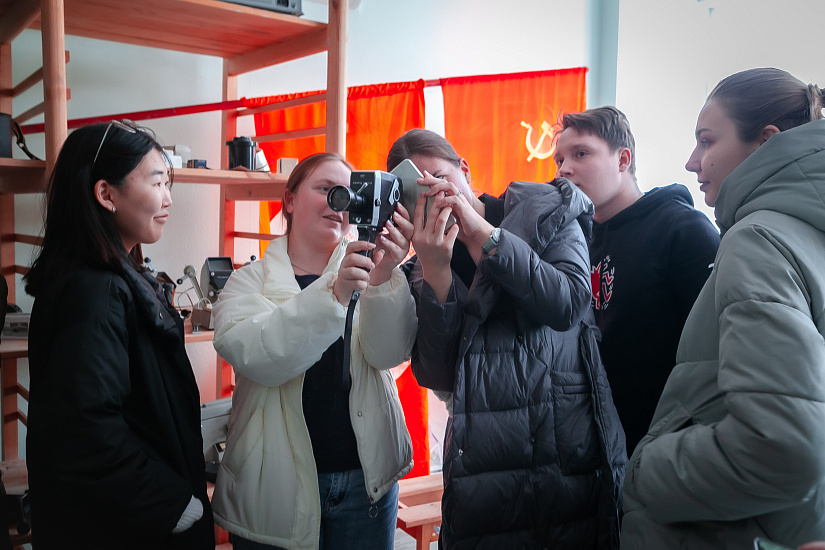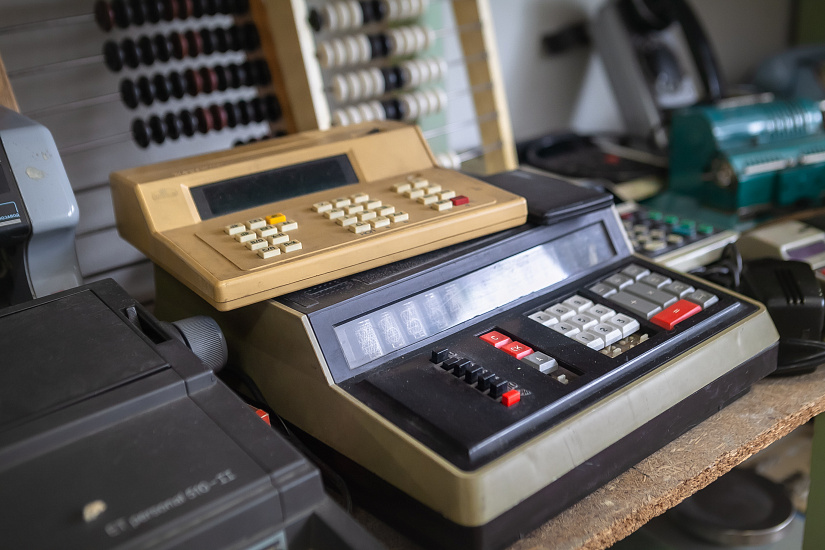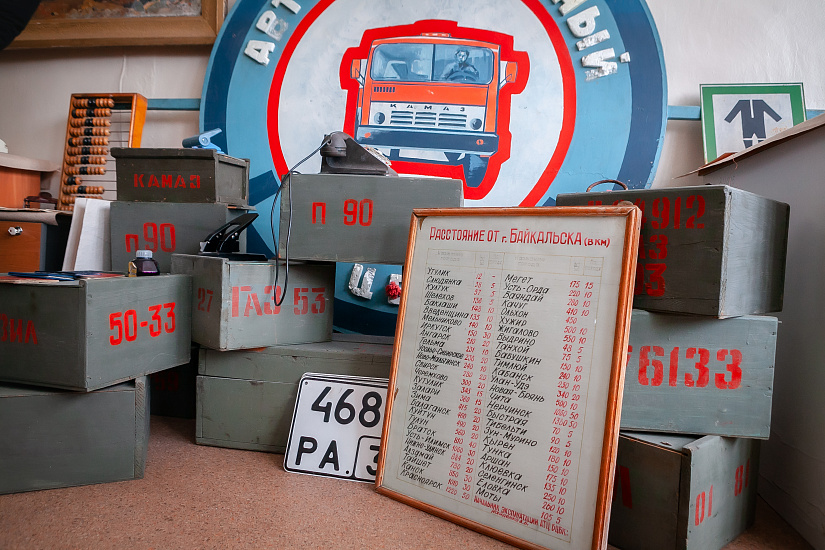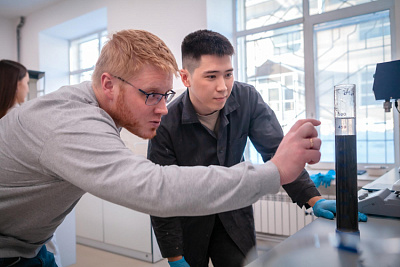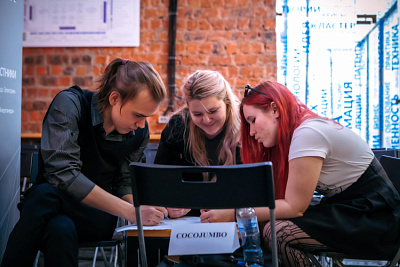The issues of plastic recycling and science-related volunteer work development were discussed by the participants of the Chemistry of the Future school in Baikalsk
On November 16, a trip to Baikalsk was organized for the participants of the Chemistry of the Future scientific school. Students visited the museum of Baikalsk Pulp and Paper Mill (BPPM), ECO.CEH All-Russian Ecological Campus. The students were most interested in the topic session. Together with experts, future chemists discussed the youth-aimed development of scientific volunteering and plastic-free conscious tourism.
The city's exploration by students began in the BPPM museum. The guests had a chance to look at the enterprise's social plans, acts of state inspection, diplomas and certificates for the team's work achievements. The students were also curious to see posters on labor protection, safe work with chemical reagents, first aid in case of electric shock. The excursionists learned about the BPPM employees' active lifestyle who were engaged in painting wood souvenirs, agriculture development.
Albina Ergina, keeper of the industrial heritage funds, introduced the young people to the BPPM activities. She told that the construction of the mill followed Yuri Gagarin's space flight of 1961. At that time the USSR aimed to excel other lands in the outer space exploration. For the needs of aircraft construction it was necessary to produce a super strong cord to be manufactured only due to a large volume of pure water - therefore, the Irkutsk Region was spotted for the plant's construction.
Ivan Belkov, a specialist of the Baikal.Center development unit, demonstrated the ECO.CEH campus structure and presented forum zones and cultural locations.
The topic session was opened by Anastasia Zhdanova of EN+ who told about the Baikal without Plastic Association. According to the speaker, the organization background dates back to 2019, when public and scientists became aware of Lake Baikal-kept microplastics issues. Studies have shown that it is the industrial wastewater formation and spontaneous tourism that generate a high anthropogenic load. Synthetic waste accumulates in water bodies and enters living organisms through food chains.
En+ employees in charge of sustainable development told other enterprises about the growing environmental problem and proposed to set up an Association in 2022. Currently, about 30 companies support phasing out single-use plastic products throughout the Irkutsk Region. The memorandum was signed by representatives of the regional business community, universities of the Irkutsk Region and Buryatia.
Alexander Kononov, INRTU Vice-Rector for Research, highlighted the importance of volunteer movement development for environmental awareness. Usolye-Sibirskoye-based Mendeleev Classes serve a good example of a successful project. Children from lyceum No. 1 together with INRTU students solve environmental problems of the Irkutsk Region and train for work in the environmental sphere.
Next, Irina Ulrich, Head of the Center for Development of Scientific Volunteering (Moscow), reminded about 18 initiatives implemented in Russia within the Decade of Science and Technology. One of the projects is designed to unite schoolchildren and students looking to help research teams. Volunteers from different regions will be assigned to collect and process large amounts of experimental data. In the long term, this will help expand the geography of research and reduce the burden on teams engaged in strategic tasks. The most talented and responsible volunteers will join professional teams and start their way into big science.
Natalia Kamanina, Regional Commercial Director of the Legend Hotel Group Management Company, made a presentation on eco-trends in the hotel industry. She noted that currently a conscious tourism program is being developed, including the use of electric cars and local products, recycling of materials. Eco-initiatives are shifting from marketing to companies’ strategic goals.
Vitaly Baryshnikov, Deputy Director General for Development of Grand Baikal Company, added that the volume of artificial materials-made goods keeps increasing, and so, there is a need for large-scale plastic recycling. For young people it makes a good chance to find an interesting job and realize their scientific potential. Vitaly Baryshnikov recommended students to engage in eco-projects to preserve the unique Baikal nature for future generations.
